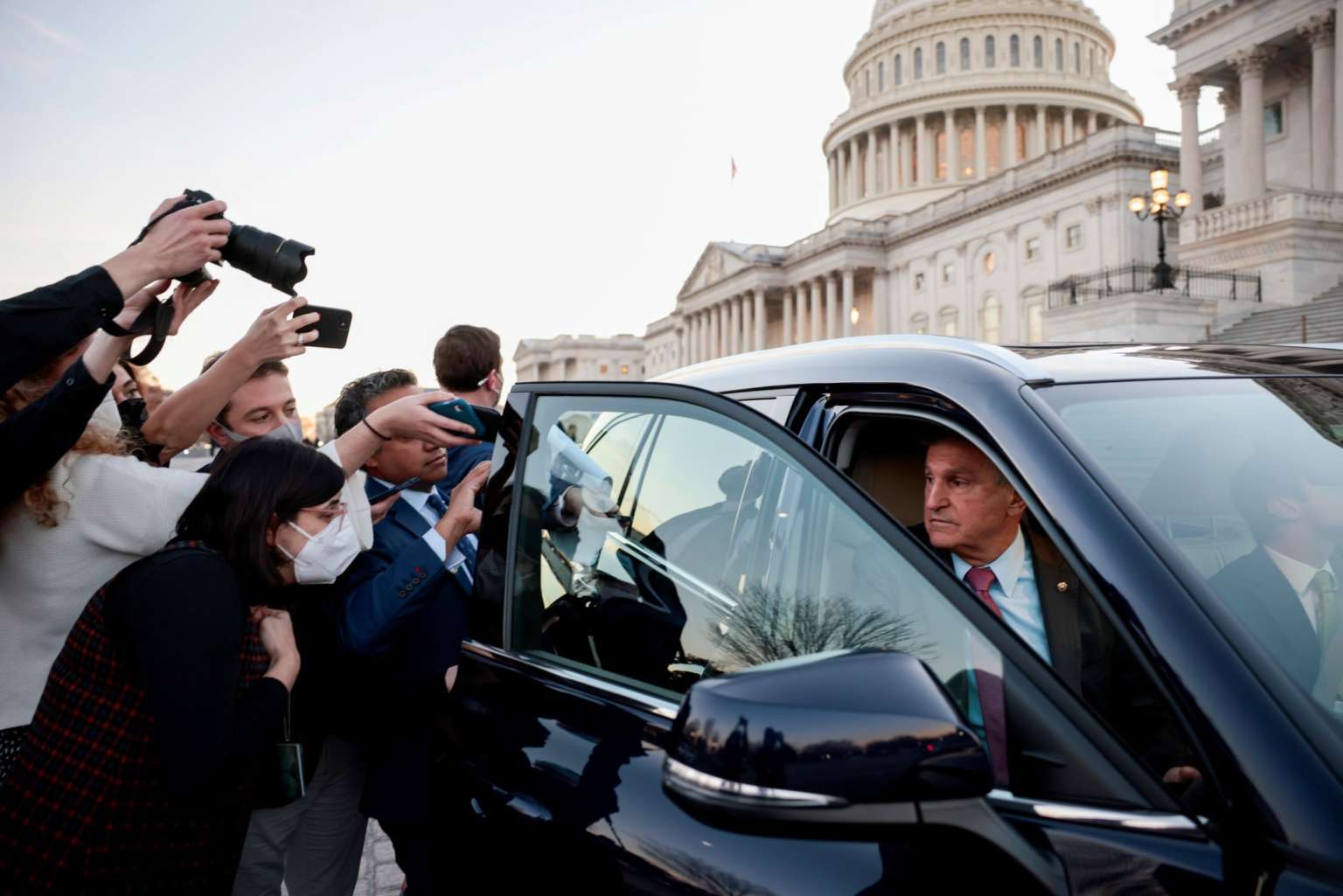Democrats face a political crisis after West Virginia Democrat Joe Manchin announced during an appearance on Fox News that he won’t back his party’s signature $2 trillion social and environment bill. The Senator stated, “This is a no on this legislation. I have tried everything I know to do,” likely crushing Democrats’ hopes of passing the Build Back Better Act.
After five-and-a-half months of negotiations with Democrats, during which he was the bill’s greatest opponent, Manchin further suggested that he never intended to compromise to support crucial portions of the bill, preferring it die altogether.
Alexandria Ocasio-Cortez and other representatives accurately predicted his staunch opposition, but much of the Democratic party ignored the warnings; Manchin has long opposed measures to address global warming.
The Build Back Better Act was intended to lower the price of prescription drugs and provide financial assistance to families via the expanded child tax credit — measures that promised to help reduce poverty. Manchin claims to support tax reforms and prescription drug proposals, but in the end said a personal conflict with White House staff pushed him to quit the legislation. In keeping with his pattern of obfuscation, he has yet to detail why he withdrew support for the bill.
Senate Majority Leader Chuck Schumer called for a vote early next year so every senator “has the opportunity to make their position known on the Senate floor, not just on television.” Vermont Senator Bernie Sanders demanded a vote so Manchin could explain his decision.
"If he doesn't have the courage to do the right thing for the working families of West Virginia and America, let him vote no in front of the whole world." Sen. Bernie Sanders reacts to Democratic Sen. Joe Manchin saying "no" to Biden's Build Back Better Act. #CNNSOTU pic.twitter.com/oEQaD19tAd
— State of the Union (@CNNSotu) December 19, 2021
Machin went on to criticize Democrats for trying to convince him to support the bill, saying “they figured, surely to God we can move one person, surely we can badger and beat one person up, surely we can get enough protesters to make that person uncomfortable enough.”
He said his resistance to Democrats’ negotiations is thanks to being a West Virginian, even though some of the protesters he mentioned are from the state. Polling from Data for Progress also demonstrates that a majority of likely voters in his state support the bill, including 90% of West Virginia Democrats.
Now facing an uncertain future are the popular social and economic policies outlined in the Build Back Better Act. In addition to limiting prescription drug costs and implementing a more generous child tax credit, the bill allocates more than $500 billion for tax breaks and spending aimed at curbing carbon emissions, which experts consider the largest federal expenditure ever to combat climate change.
Almost all its costs would be paid for by higher taxes on the wealthy and large corporations. But Manchin, “a fossil-fueled sociopath,” has shut down the landmark climate legislation and deflated the improved child tax credit.
For Columbia Journalism Review, Jon Allsop wrote that much media coverage of Manchin’s opposition has obsessed over drama and personalities, rather than the dire stakes for climate action.
“Similar dynamics apply to coverage of the social-spending provisions in the bill, many of which have been largely ignored at the top levels of the news cycle, others of which — the extension of Biden’s child tax credit, for example — are often covered, in political journalism, more as sticking points or polling issues than real money that affects real families.”
Manchin’s suppression of the social and environmental provisions in the Build Back Better Act could have severe impacts, especially as the end of expanded child tax credits worsens poverty and student loan repayments begin again in February.
Image by Anna Moneymaker / Getty Images

